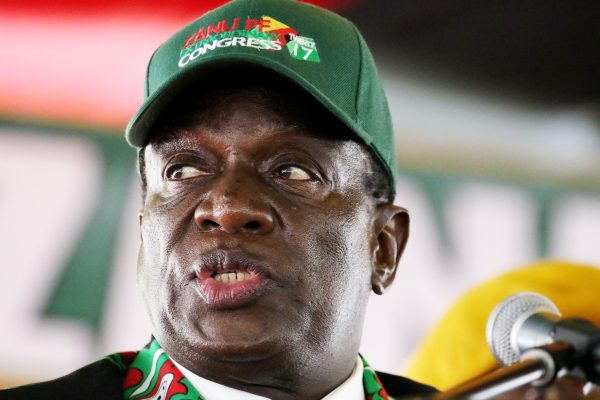
editorial comment
The move on Friday night by government to suspend, with immediate effect, all monetary transactions on mobile money platforms, left the country confused and in shock.
President Emmerson Mnangagwa had, a few days earlier, warned he was soon going to crush elements whom he referred to as wolves in sheep’s clothing that he accused of sabotaging the economy.
The country’s biggest mobile money service provider, Econet has more than 10 million people that are subscribed to their money transfer system Ecocash. Most of them are not banked and, as such, depend solely on this platform for all their money transactions.
The government explained the drastic action through secretary for Information Ndavaningi Mangwana who said the move was meant to facilitate “intrusive investigations”, leading to the arrest and prosecution of economic saboteurs.
What was curious about this move, though, was the glaring non-involvement of the Reserve Bank of Zimbabwe and the Finance ministry; at least in the announcement and explanation of this frightful decision with far-reaching implications.
We will not predict the success or otherwise of this move, but the consequences to the vast majority of poor Zimbabweans cannot be overstated. Overnight, many millions of people across the country are unable to transact, leaving them stranded, unable to go about their normal lives.
The old woman down in Chiredzi who has nothing to do with this alleged economic sabotage and is simply trying to survive; and that sole breadwinner at Magaba in Mbare, woke up to find they could no longer buy or receive money on their usual money transfer platforms.
- Chamisa under fire over US$120K donation
- Mavhunga puts DeMbare into Chibuku quarterfinals
- Pension funds bet on Cabora Bassa oilfields
- Councils defy govt fire tender directive
Keep Reading
It is this display of arrogance, an egocentric culture and poor decision-making that has been the undoing of Mnangagwa’s party and government. The magnitude of the disruption of business and normal life is likely to have grave and far-reaching consequences.
The country does not have enough cash circulating and mobile money transfers have become the transactions mode of choice. Banning this critical service overnight cannot be justified on the grounds of unsubstantiated accusations of “these illicit activities that are sabotaging the country”. And closing the Stock Exchange on the same grounds is the height of economic ineptitude; itself bordering on economic sabotage.
And, leaving such an odious task to the propaganda arm of government, points to the politicians’ breathtaking ignorance of basic economics. It exposes the failure by Mnangagwa’s government to appreciate simple economic concepts.
The implications of this strange move by the government becomes even more ghastly when one looks at the impact on big business and government’s own collection of taxes. Much as there may have been justifiable cause, government could have handled this matter better.











